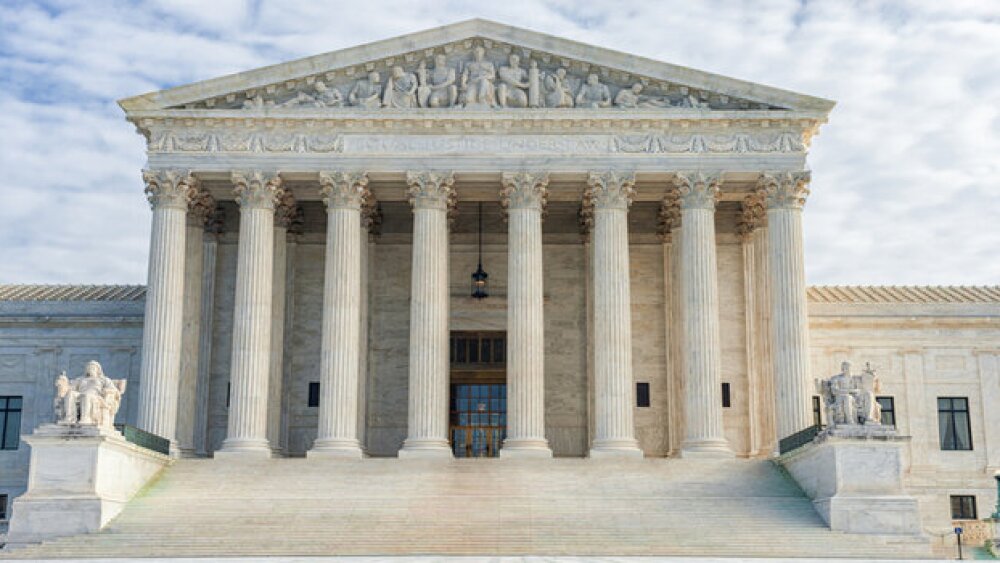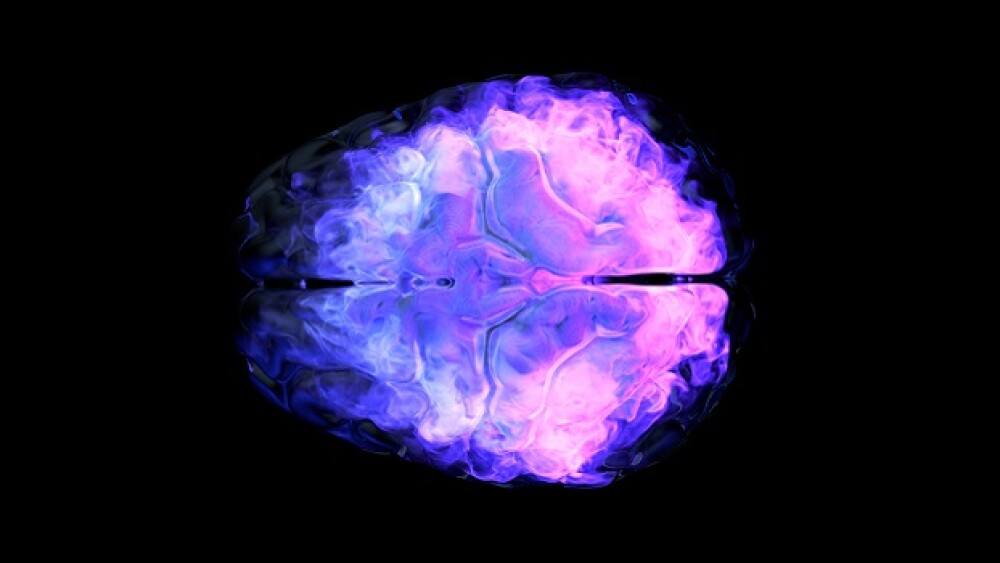Like many unsolved cases in police files, the investigation of a July 14, 1996, rape in Montgomery County was difficult from the start. There were no witnesses other than the victim, no suspects and not much evidence. For years, as the case grew colder, said Detective Joseph Mundano, an arrest seemed increasingly unlikely. Then the case thawed out. In an unrelated arrest in January 2002, Charles Raines, then 38, was charged with assault, which resulted in the revocation of his parole in a 20-year-old robbery case. Under a Maryland law enacted in 1995 and later broadened, Raines was required to give authorities a DNA sample because he was a convicted felon who had been reincarcerated. The sample was sent to a state database for comparison with DNA evidence from unsolved crimes. Technicians got a hit, authorities said. Raines’s DNA allegedly matched genetic material from semen taken from the Montgomery rape victim. Last June, Raines was charged with the crime, in which a woman had been grabbed from behind on a Wheaton street late at night, choked into unconsciousness, dragged into bushes and sexually assaulted. Early this year, however, an unusual ruling by a judge in Raines’s case led to an indefinite postponement of his trial and set the stage for an appeals court hearing next month in which the future of Maryland’s DNA database could be at stake. Raines’s attorneys argue that forcing convicted felons to give DNA samples -- which officials said has helped solve dozens of crimes in the state since 1994 -- is unconstitutional.




